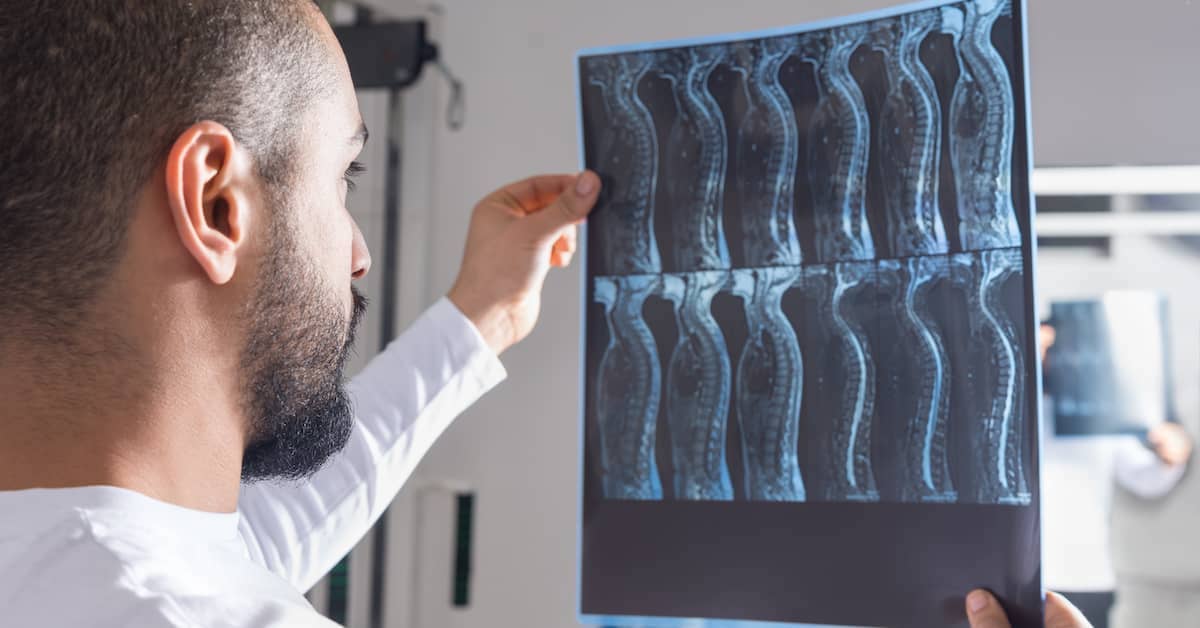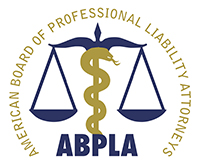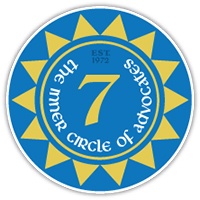
How Long Does It Take To Walk Again After a Spinal Cord Injury?
According to the National Spinal Cord Injury Statistics Center, there are nearly 294,000 people currently living with spinal cord injuries in the U.S., with approximately 17,810 new cases every year. The physical and emotional trauma associated with these injuries varies considerably, and the road to recovery is often long and unpredictable. While some sufferers of spinal cord injuries are eventually able to walk again after their injuries, others are not able to do so.
The spinal cord is a complex nerve network responsible for communicating messages between the brain and the rest of the body. Damage to the spinal cord can affect motor and sensory function. Following a spinal cord injury (SCI), the extent and location of the damage determines the severity of the injury and disability. The ability to walk again after a SCI relies heavily on the nature of the injury and the quality of care received afterward.
If you suffered a spinal cord injury through no fault of your own, a spinal cord injury lawyer in Providence can advise you on your rights and legal options. At Mandell, Boisclair & Mandell, Ltd, we know the hardships you are facing after a spinal cord injury, and we are dedicated to pursuing the maximum compensation you need to get your life back on track.
What Are Complete and Incomplete Spinal Cord Injuries?
Your ability to recover from a spinal cord injury is directly related to the type of injury you have sustained.There are two major categories of spinal cord injuries:
Complete Spinal Cord Injuries
A complete spinal cord injury is the most serious, and occurs when damage to the spinal cord is so severe that it prevents the brain from sending signals to areas below the site of injury. For example, if the injury affects the lumbar or sacral spinal cord (the lower parts of the cord), it can result in paralysis below the waist, while the motor functions in the arms and upper body are preserved. This condition is known as paraplegia. However, if the cervical spine (the upper part of the cord) suffers a complete injury, it can lead to quadriplegia, which is defined by the loss of sensation and motor function in both the lower and upper body. This condition is also known as tetraplegia.
Incomplete Spinal Cord Injuries
Incomplete spinal cord injuries occur when damage or compression to the spinal cord reduces the brain’s ability to send signals below the injury site. Due to the partial nature of these injuries, they vary drastically from person to person. Some individuals with incomplete SCI experience a slight loss of sensory and motor functions, while others may experience a near total loss of function. Incomplete spinal cord injuries can also result in triplegia, a condition characterized by the loss of sensation or movement in both legs and one arm.
What Is the Prognosis After a Spinal Cord Injury?
While modern advancements in medical science have come a long way in the treatment of these cases, there is still no guarantee when it comes to spinal cord injuries. Individuals who have experienced damage to the spine, but not paralysis, have the greatest chance of recovery.
The first year of recovery is typically very difficult for spinal cord injury survivors, as they begin to adjust to their condition. The key to recovery during this period is the use of physical and occupational therapy. The extent of functionality fully returning is usually apparent within about two years of the initial injury.
What Treatment Is Available for Spinal Cord Injuries?
Every spinal cord cord injury is unique to the individual, so treatment options vary with each case. However, treatments often include:
- Surgery, to limit compression of the spinal cord or to remove anything that may have penetrated the spinal cord
- Physical therapy, to strengthen the damaged area
- Steroid injections, to reduce inflammation in the damaged area
How a Spinal Cord Injury Attorney Can Help
After a spinal cord injury caused by someone else’s negligence, an experienced lawyer can help you pursue compensation for:
- Medical expenses
- Lost wages
- Lost earning capacity
- Home and vehicle modifications
- Physical and psychological therapy
- Pain and suffering
- Other out-of pocket expenses
Contact a Spinal Cord Injury Lawyer in Providence Today
Mandell, Boisclair & Mandell, Ltd has served clients in Providence and throughout Rhode Island for 45 years. Our accomplished legal team has a distinguished record of success in a wide range of personal injury matters. We are committed to aggressively pursuing the full compensation you need and deserve following a catastrophic injury.
View our multi-million-dollar settlements and trial results.
Please call Mandell, Boisclair & Mandell, Ltd today at (401) 273-8330 to discuss your spinal injury case. Your initial consultation is FREE.






























